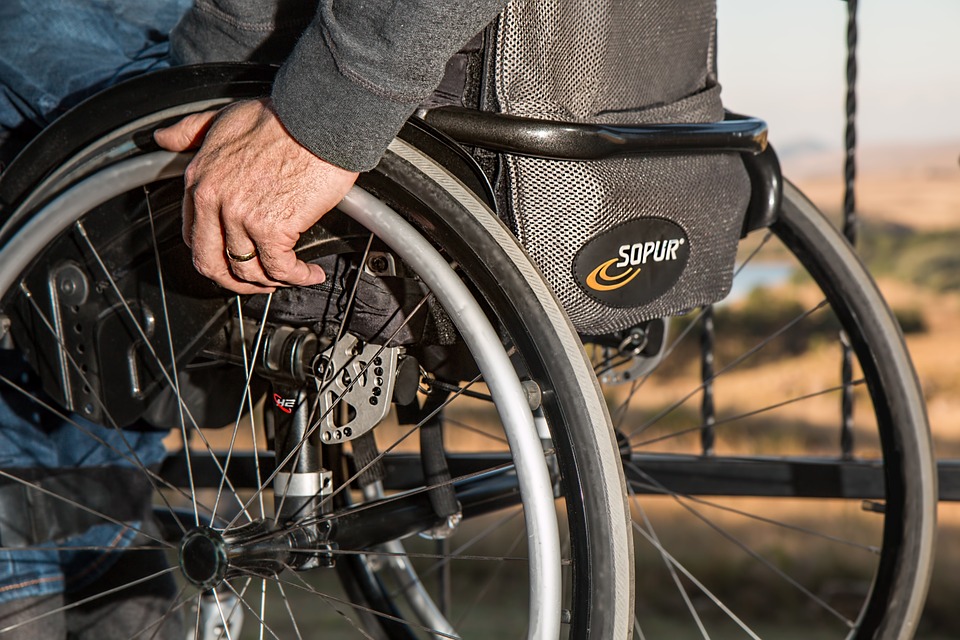
OTTAWA — The Trudeau government’s treatment of injured veterans will be under the spotlight Monday when a B.C. court rules whether a landmark lawsuit filed by six disabled ex-soldiers can proceed.
The case, known as Equitas, revolves around a decision in 2006 to replace lifelong pensions for disabled vets with a single lump-sum payment, career training and targeted income-replacement programs.
The veterans, who launched their lawsuit five years ago, allege those changes discriminate against today’s service members because the previous pension system provided more financial support over a lifetime.
They want the government to bring back the disability pensions, or at least something equivalent.
While the pension changes and lawsuit were launched under the previous Conservative government, Monday’s ruling could have major implications for Prime Minister Justin Trudeau and the Liberals.
That’s because Trudeau campaigned with Equitas members during the last federal election campaign in 2015, and the Liberals were the only party that promised to reinstate the lifelong pensions.
But two years later, that commitment remains unfulfilled. And while the government has said it will provide more details by the end of the year, many veterans are worried that it will fall far short of what was promised.
Meanwhile, the Liberals have continued to fight the lawsuit, which the Harper Conservatives appeared on the verge of settling before losing the election.
Monday’s ruling by the B.C. Court of Appeal has been a long time coming; a panel of three judges has been weighing since June 2016 whether the case has enough merit to proceed.
Lawyer Don Sorochan, who represents the Equitas veterans, says a ruling in favour of his clients would represent a big step forward, but that there will be many more proceedings before victory can be declared.
“Legally, it goes back into the grind,” he said, saying the next step would likely be to see whether the case can be certified as a class-action lawsuit.
Aaron Bedard, one of the six injured veterans involved in the case, said he and the others knew that it would be a long fight when they launched the lawsuit, but they felt it was something they had to do.
“This is an issue that affects people who are vulnerable,” said Bedard, who worked with the Liberals during the last election and says he trusted Trudeau to bring back the old disability pensions.
The fear now, he said, is that the Liberals will simply take the lump-sum payment, which is worth a maximum of $360,000, depending on the extent of a veteran’s injuries, and spread it out over several decades.
If the B.C. Court of Appeal rules against the Equitas veterans, Bedard said the group is prepared to take the matter all the way to the Supreme Court — and to polling stations across the country during the next election.
“There’s no position where this is a win-win for them,” he said. “And it could bode very poorly for them in the next election if they keep playing games with us.”